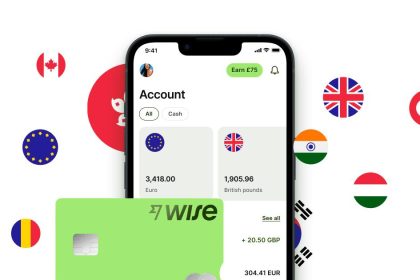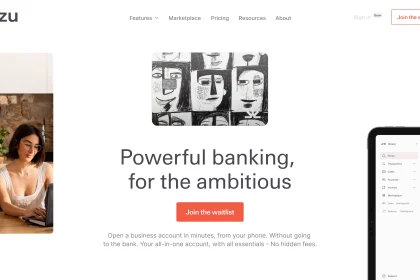Some of your favorite online subscription services like Netflix and others might increase their prices in the second half of 2022 in Ghana.
The Ghana Revenue Authority (GRA) is rolling out a tax policy where online foreign based companies including Netflix, Twitter, Betway and Tiktok will have to register locally in Ghana and pay taxes in order to operate in the country.
The GRA has already set up its compliance tool to ensure that the companies duly pay their taxes before moving their monies from Ghana.
Will Consumers Bear The Cost Of This Tax?
Once the GRA’s system is set up and working, companies like Netflix and other online companies which offer subscription streaming services might pass this online tax to the consumer.
Netflix currently charges $7.99 for its basic plan. The VAT price in Ghana is currently set at 12.5%. It wouldn’t be surprising to see the streaming company adjust its price upwards because of the new tax especially considering that it has raised its prices in the US and UK. The increase might be marginal but it is expected that tax might raise prices up by $1 – $2.
Companies like Spotify may also adjust its prices upwards. (Spotify users in Ghana currently pay 17 GHC a month for Spotify’s Premium services)
Other online companies will be feel the effect and follow suit. YouTube which offers payouts to YouTube creators, might make adjustments where creators might see a slight decrease in their payouts due to the tax. Other creator platforms like TikTok might could easily do the same.
On the other hand, these companies might decide to just absorb the tax in the short term or even long term to see how things play out.
All Foreign E-Commerce Companies Are Affected
Currently, the GRA tax policy targets “Non Resident” e-commerce companies. Non-Resident companies are defined as companies that have headquarters outside Ghana and conduct electronic commerce in Ghana.
These include companies that provide the following service:
- Website supply;
- Web-hosting;
- distance maintenance of programmes and equipment;
- images, text and information and making databases available;
- Music and games, games of chance and gambling games;
- Political, cultural-artistic, sporting, scientific, and entertainment broadcasts and events and;
- Distance teaching;
The categories are very broad and basically ropes in big brands and foreign companies including Spotify, Netflix, Boomplay, Amazon, TikTok, Showmax, Amazon, Twitter, Youtube Music and a host of companies which provide similar online services.
Most of the companies will probably just obey the local tax and register to pay the tax, especially the big brands. Other lesser known e-commerce companies might decide to exit the market if they don’t want pay the tax.
The Ghanaian government is currently looking for more ways to raise revenue. They recently passed the “E-Levy” bill which places a 1.5% tax on mobile money and bank transfers.
It’s not too far fetched to say that government might eventually start looking at taxing local e-commerce companies and maybe macro influencers as well for services rendered online.
But for now, foreign e-commerce companies are in the government’s scope. We’ll have to see how the next tax affects prices. Don’t be surprised to see your bill go up for your favorite online platforms later in 2022.










